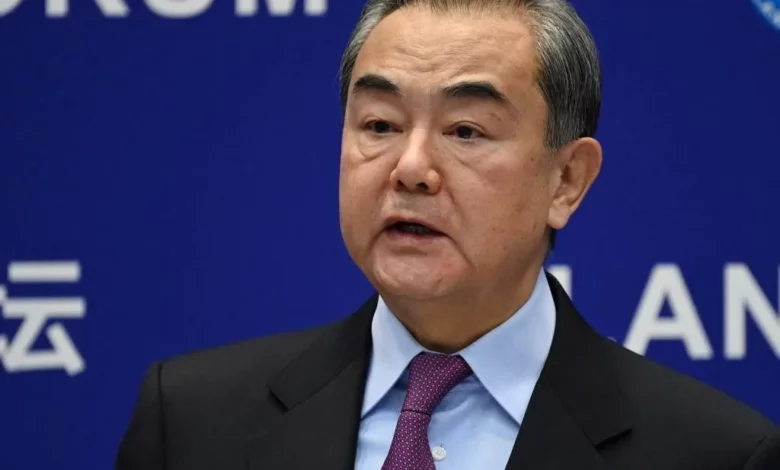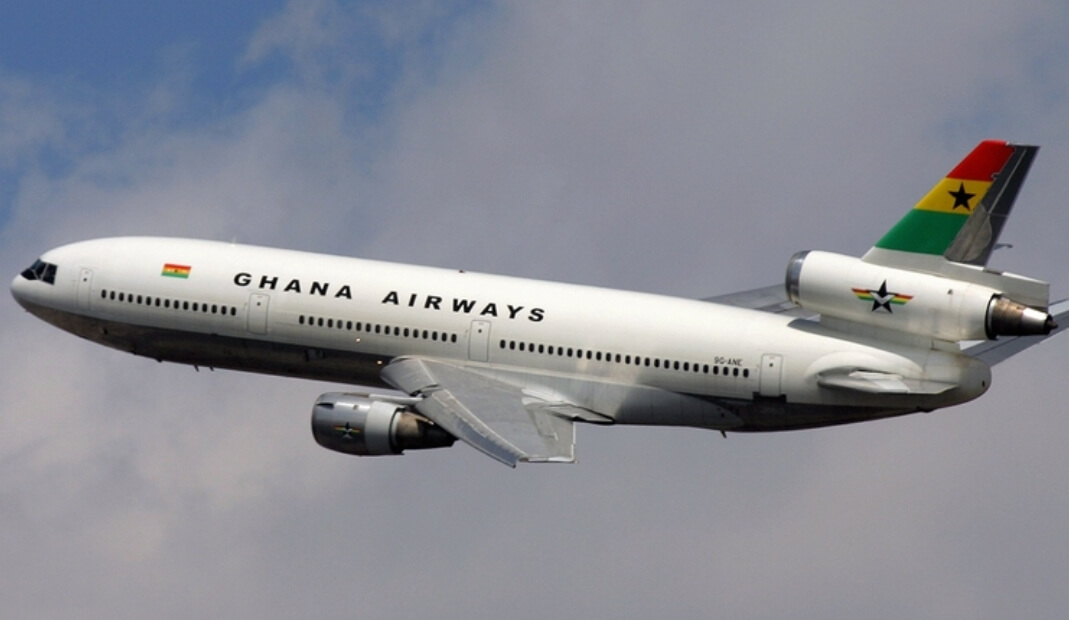
On Thursday, China’s Foreign Minister Wang Yi dismissed claims that Beijing was dragging African countries into debt traps by handing them enormous loans, calling the claim a “narrative” promoted by anti-poverty campaigners.
Wang said China’s substantial lending to Africa was “mutually benefiting” and not a tactic to obtain political and commercial concessions, addressing ahead of a visit of Beijing-funded infrastructure projects in Kenya.
“That is simply not a fact. It is speculation being played out by some with ulterior motives,” he told reporters in the Kenyan port city of Mombasa.
“This is a narrative that has been created by those who do not want to see development in Africa. If there is any trap, it is about poverty and underdevelopment,” he said, speaking through an interpreter.
Wang’s journey to Eritrea, Kenya, and the Comoros follows US Secretary of State Antony Blinken’s trip to Africa in November, which was intended in part at combating China’s expanding influence on the region.
According to official Chinese data, China is Africa’s greatest trading partner, with direct trade totaling more than $200 billion (177 billion euros) in 2019.
After the World Bank, China is Kenya’s second-largest lender, and it has financed a series of expensive infrastructure projects, raising concerns that Nairobi would take on more debt than it can handle.
Wang met with a group of government ministers in Mombasa behind closed doors and signed agreements on trade and investment, health, security, climate change, and green technology transfer.
He then met with President Uhuru Kenyatta and went to the Port of Mombasa, where China is building a new $353 million port to accommodate larger oil tankers.
“The visit is a testament to the deepening of relations between the two countries,” said Kenya’s foreign minister, Raychelle Omamo.
Read Also: Morocco and China Sign the Belt and Road Initiative Agreement
Kenya’s most expensive infrastructure project since independence was backed by Beijing, which loaned $5 billion to build a railway line from Mombasa that opened in 2017.
Wang highlighted the railway as a “benchmark” of China’s Belt and Road Initiative, a trillion-dollar attempt to expand economic linkages throughout the globe by developing major infrastructure, during a visit to Mombasa in January 2020.
However, experts have voiced concerns about Kenya’s reliance on Chinese finance, warning that the country’s debt is becoming untenable.
Aly-Khan Satchu, a Kenyan geopolitical and economic analyst, said the East African nation was at a disadvantage negotiating deals and often stuck with high-interest repayments.
“These investments are not going to make a return on investments for the foreseeable future. “You have taken out these loans and they are making losses every month. You are essentially increasing the problems,” he told AFP
Asked about Wang’s trip, State Department spokesman Ned Price said that the United States was committed to sustained and transparent collaboration with Africans and was not asking nations to choose between the United States and China.
“The type of partnership that the United States offers to the countries of Africa — these are partnerships that are based on mutual opportunity, mutual respect,” Price said.
Beijing’s lending spree has slowed in recent years as borrowers have pushed back on terms and the coronavirus pandemic has inflicted economic pain.Satchu said China was shifting focus from infrastructure to greater trade, and saw promise in deepening ties with Indian Ocean economies.
“The Chinese are trying to recalibrate their relationship with Africa, with a lot of emphasis on agriculture and lending to the private sector,” he said.
Wang has already visited Eritrea and will travel to the Comoros, an Indian Ocean island nation, after Kenya.
Source: AFP & GT
Abeeb Lekan Sodiq is a Managing Editor & Writer at theafricandream.net. He is as well a Graphics Designer and also known as Arakunrin Lekan.





